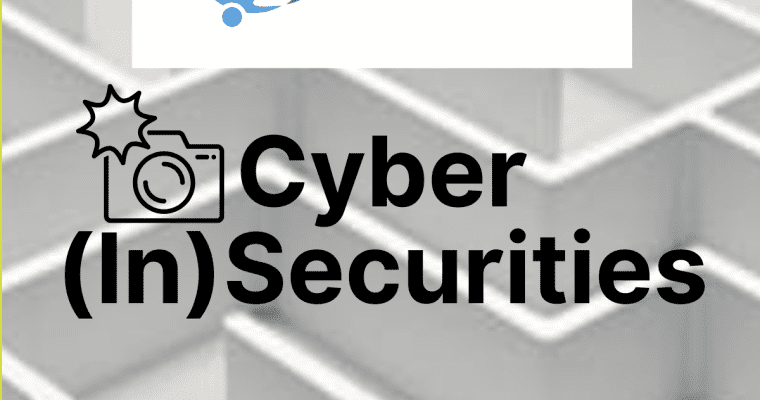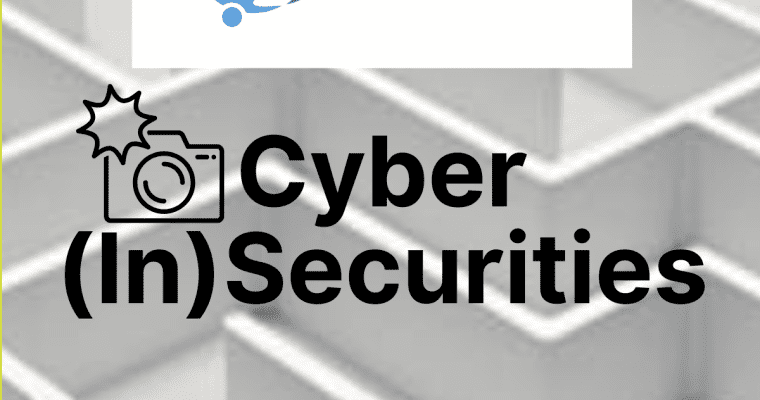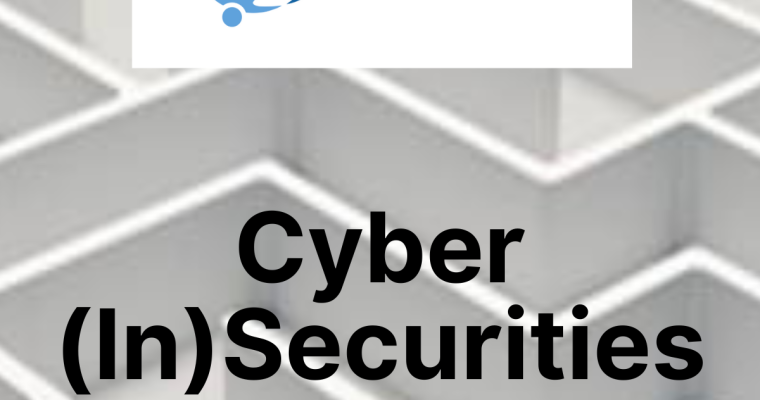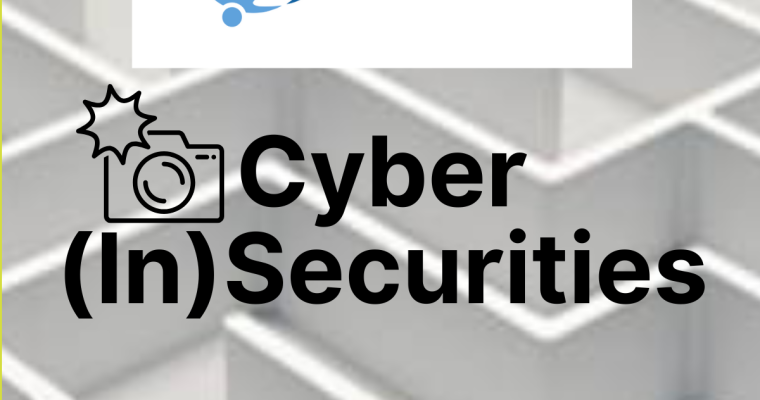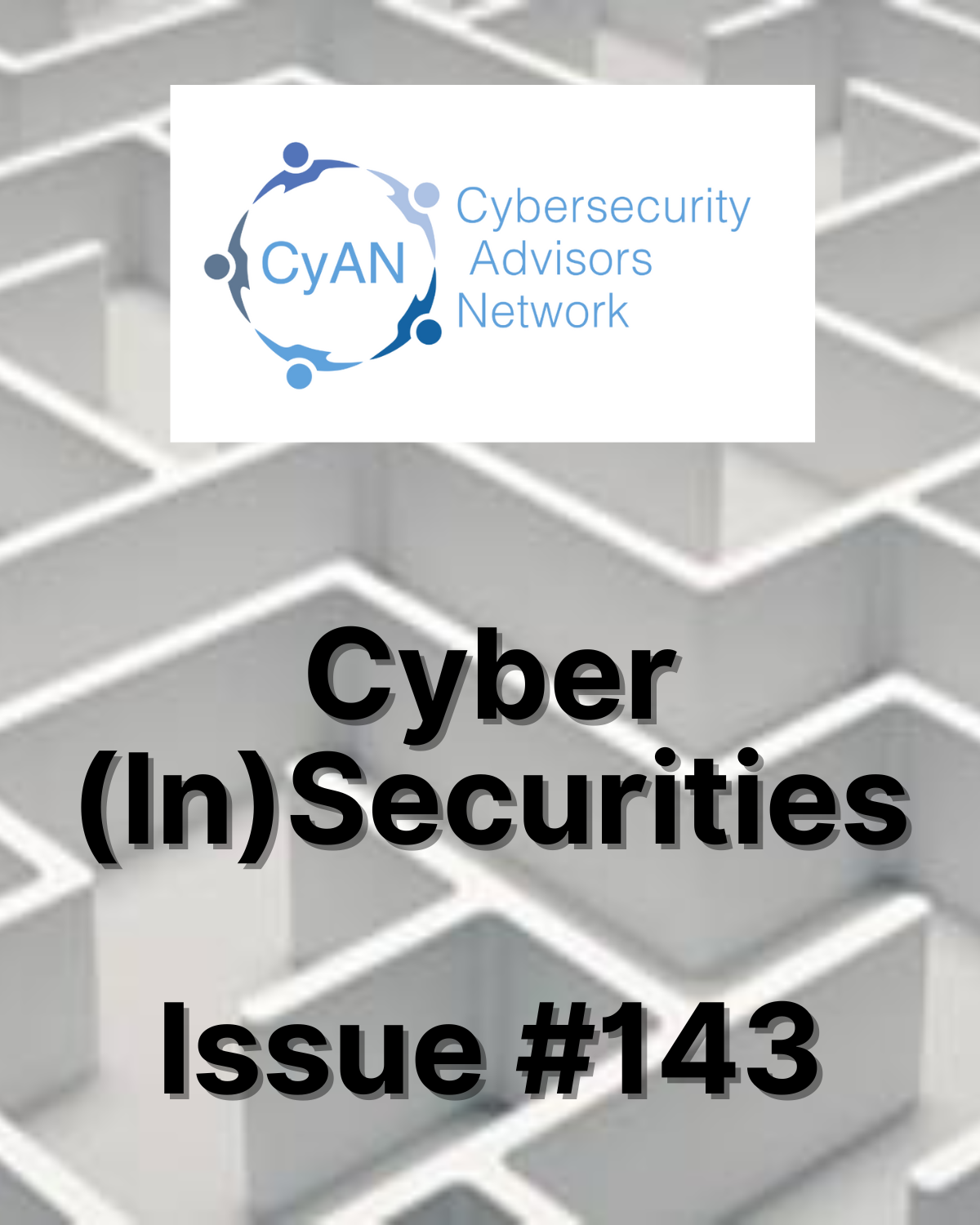Cyber (In)Securities – Issue 159 – Snapshot Edition
(In)Securities | Edition 159: ICS Alerts, IntelBroker Fallout, and Cybercrime Crackdowns This edition covers rising threats to critical infrastructure, major vulnerability disclosures, and global law enforcement action. CISA has released new Industrial Control Systems advisories and expanded its Known Exploited Vulnerabilities catalog. Meanwhile, the arrest …
